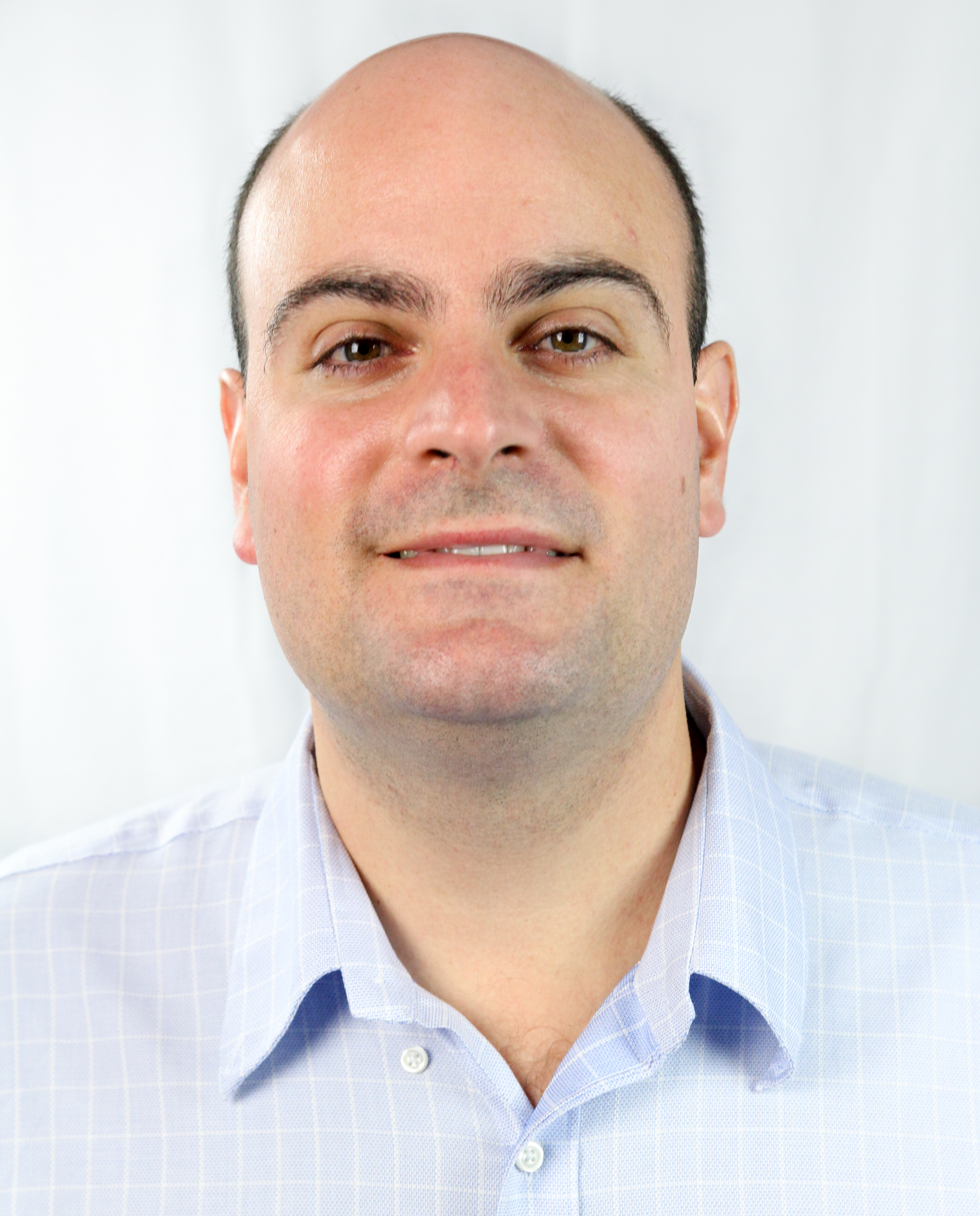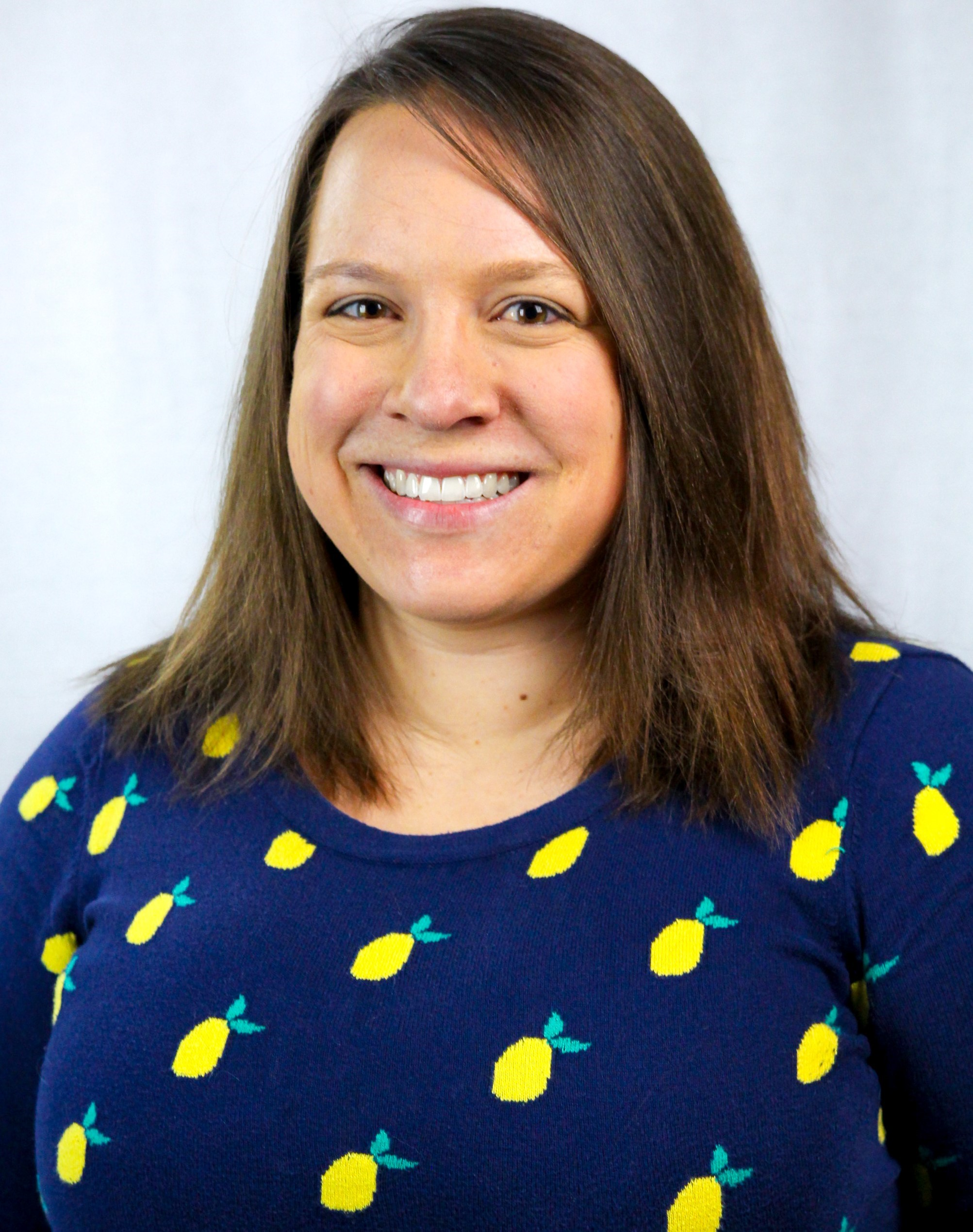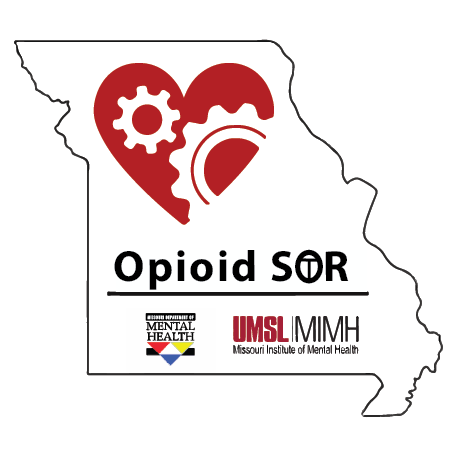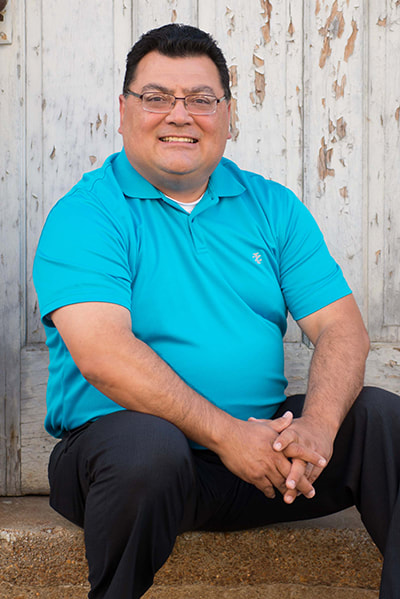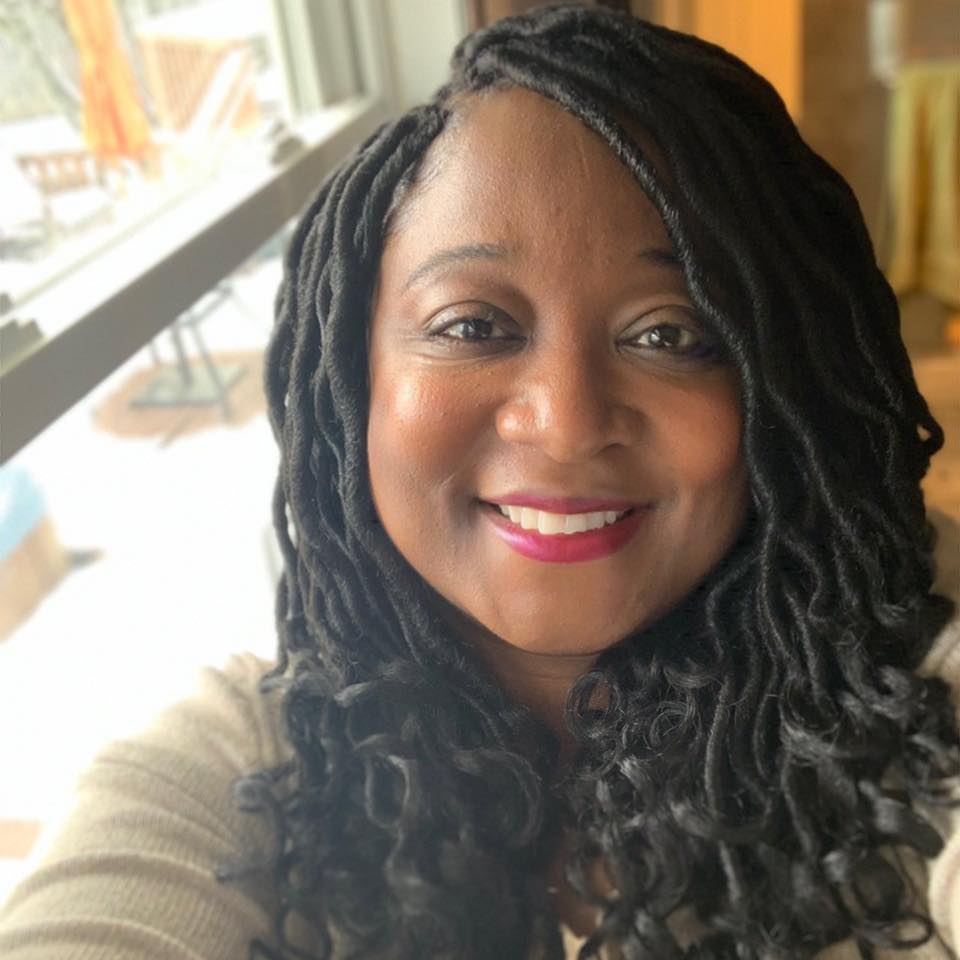Coladonato, Daniel
Dan Coladonato is a Project Associate for the SAMHSA SOAR TA Center. Prior to joining the SAMHSA SOAR TA Center, he worked for an Assertive Community Treatment (ACT) team in San Diego, CA which served adults with severe and persistent mental illness and a history of homelessness. During his time providing psychosocial rehabilitation services with the ACT team, Dan was SOAR trained, completed many SOAR SSI/SSDI applications, and eventually became the ACT team’s Benefits Specialist. In addition to assisting individuals acquire SSA and other benefits, Dan helped individuals with the post-entitlement transition, representative payee services, and the transition back to work. After attending a SOAR Leadership Academy in San Diego in 2016, Dan became a SOAR Local Lead in San Diego which eventually led him to his current position.
Presentation(s):
SOAR for Children: Building Resiliency & Supporting Families

